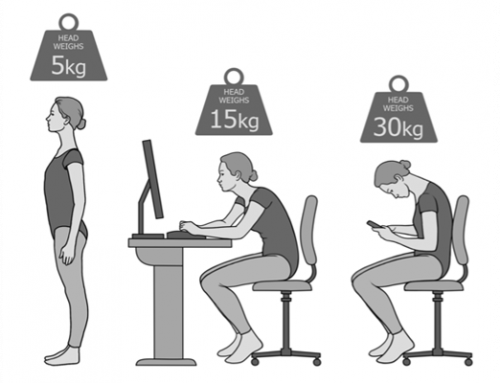How often have your rushed through a meal with your eyes glued to your phone or emails? Have you ever polished off a block of chocolate after a stressful day?
Maybe you’ve wolfed down a meal, barely tasting your food, only to be met with bloating and a sore belly shortly afterwards?
As it’s the start of a new year, chances are you’re thinking about cleaning up your diet. While you’ll need a great plan and some knowledge about healthy eating (the Vital Me program is your go-to for this!) there’s a secret weapon that you can add to your arsenal that will help make healthy eating stick.
Eating is one of the most sensory and enjoyable experiences we have – yet most of us are barely paying attention while we do it.
Mindful eating is the process of slowing down and savoring our food. It’s also about being mindful of our physical and mental state as we eat.
This is key, because when we’re stressed, our nervous system shuts down our digestion, prioritising energy and blood flow to our major muscles – the fight and flight response. If we’re distracted when we eat, our brain doesn’t get the signals it needs to tell our body to secrete saliva and digestive juices and activate the muscles of our stomach and intestines. Not only do we experience bloating, gas and discomfort but because our food is poorly digested we miss out on absorbing important nutrients.
Eating mindlessly is a huge contribution to overeating – we need to be paying attention so that we can pick up on our body’s signals that we’re comfortably satisfied. You might be surprised how much less you need to eat just by being mindful at meal times!
If you need more proof that mindfulness and eating go hand-in-hand; stress has been shown to worsen indigestion, aggravate heartburn, and is a causal factor for up to 65% of stomach ulcer sufferers.
Take the following 5 steps at meal times and see the difference mindful eating makes to you:
- Soothe your nervous system – before eating, take 5 deep breaths down into your belly, exhaling slowing. This will help to activate the ‘rest and digest’ nervous system response when digestion is kicked into gear.
- Feel gratitude for what you’re about to eat – taking a moment to appreciate a meal makes you more likely to savour it. Gratitude will also help with any feelings of guilt or tension around eating.
- Notice the appearance and smell of the food – what colours do you see? What scents can you pick up on?
- Taste your food – chew slowing, paying attention to the different flavours and textures. Try to chew your food to liquid before swallowing, your digestive system will love you for it!
- Notice how your food is making you feel and stop eating when you’re comfortably satisfied, instead of just finishing everything that’s on your plate.
Enjoy your mindful eating experience and stay vital!
By Amelia Harvey
References
Cleveland Clinic. Indigestion. December 22, 2009.
Naliboff, B.D. et al. The effect of life stress on symptoms of heartburn. Psychosomatic Medicine. 2004. 66: 426-434.
Sapolsky, Robert M. Why Zebras Don’t Get Ulcers.Third Edition. Henry Holt and Co. 2004.






